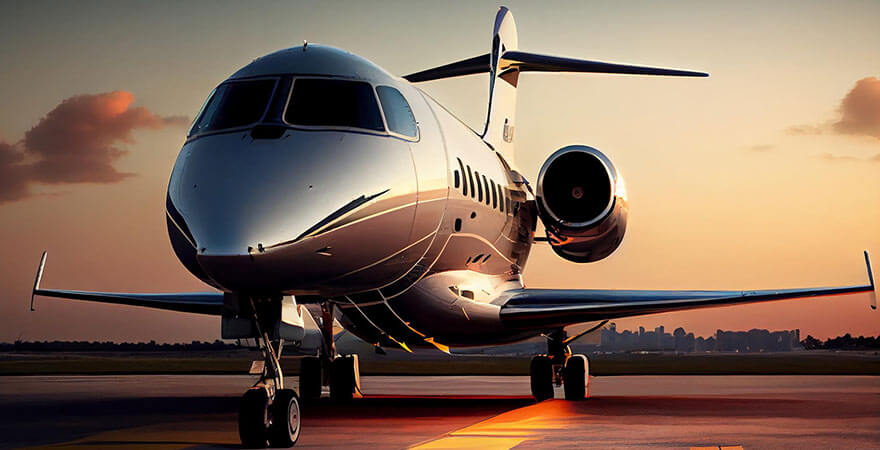Air Transport

Air Transport Services
Air transport services play a pivotal role in global connectivity, enabling the swift movement of people and goods across vast distances. This mode of transportation, characterized by speed and efficiency, has become integral to both business and leisure activities, contributing significantly to the global economy.
Key Features:
Speed and Efficiency:
Air transport is renowned for its unparalleled speed, making it the fastest mode of transportation for long distances. This efficiency is crucial for time-sensitive cargo deliveries and enables people to reach their destinations in a fraction of the time compared to other modes of transport.
Global Connectivity:
Air transport provides unparalleled global connectivity, linking cities and countries across continents. This interconnectedness fosters international trade, tourism, and cultural exchange, contributing to a more interconnected and interdependent world.
Cargo and Freight Services:
The air transport industry is a vital component of global trade, facilitating the rapid movement of goods and cargo. Air freight services are crucial for industries requiring swift and secure transportation of products, including perishable goods and high-value items.
Accessibility to Remote Areas:
Air transport services play a crucial role in providing accessibility to remote and geographically challenging areas. Airports and airstrips can be strategically located to serve areas that are otherwise difficult to reach, contributing to improved connectivity and development.
Time-Saving for Business and Travel:
For business travelers and individuals, air transport offers a time-saving option. Business meetings, conferences, and personal trips that would take days by other means of transport can be completed in a matter of hours, enhancing productivity and personal convenience.
Safety and Technological Advancements:
The aviation industry prioritizes safety, and continuous technological advancements contribute to making air travel safer and more efficient. Modern aircraft are equipped with state-of-the-art navigation, communication, and safety systems, ensuring the well-being of passengers and cargo.
Environmental Considerations:
While air transport is efficient in terms of speed, it also raises environmental considerations due to carbon emissions. The industry is actively exploring and implementing technologies and practices to reduce its environmental impact, including the development of more fuel-efficient aircraft and sustainable aviation fuels.
Challenges and Future Trends:
The air transport industry faces challenges such as congestion at major airports, concerns about environmental sustainability, and the need for infrastructure development. The future of air transport involves ongoing efforts to address these challenges through technological innovation, sustainable practices, and enhanced infrastructure planning.
Conclusion:
Air transport services are essential for fostering global connectivity, trade, and cultural exchange. Despite facing challenges, the industry's commitment to safety, efficiency, and sustainability positions air transport as a crucial component of modern transportation systems. As technological advancements continue, air transport is poised to evolve, offering even more efficient, sustainable, and accessible services for the benefit of individuals and economies worldwide.



